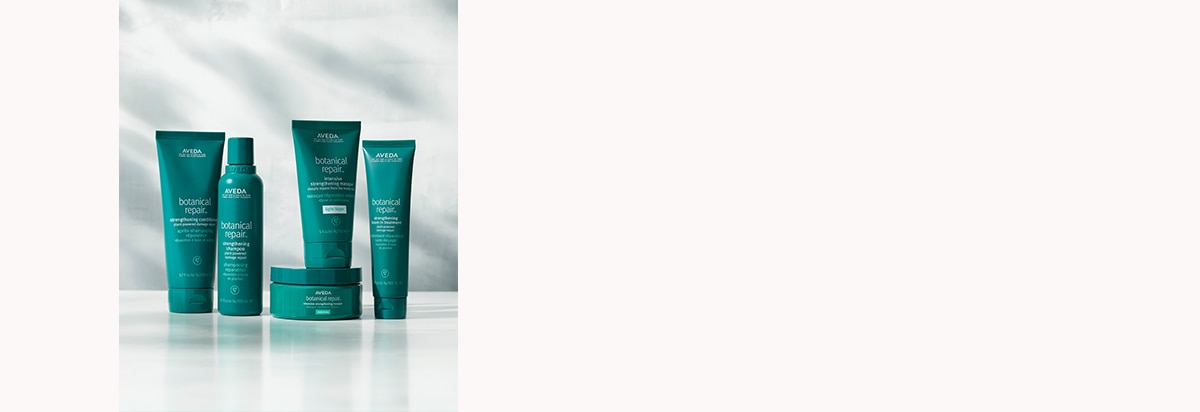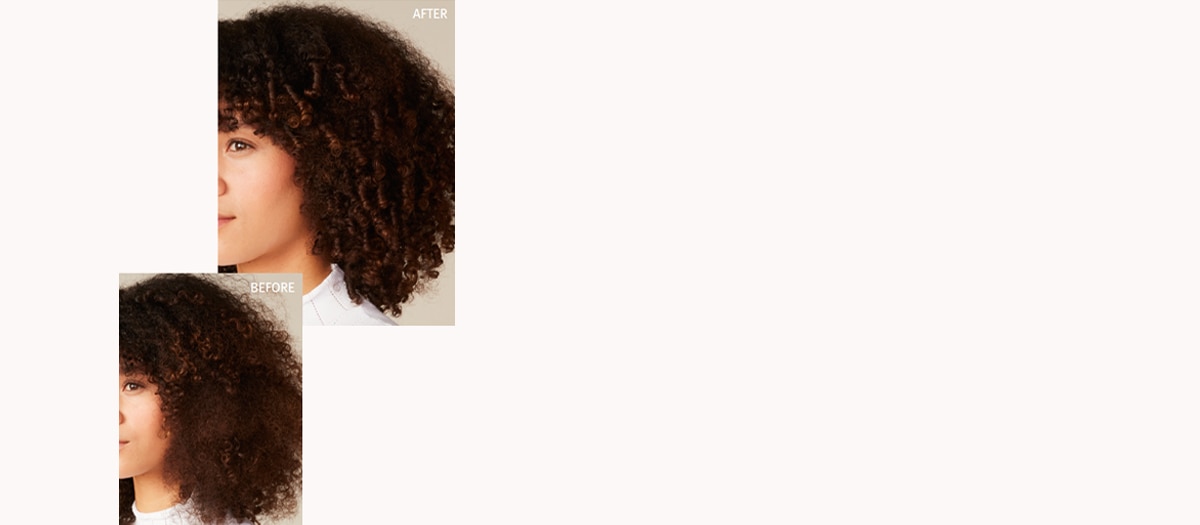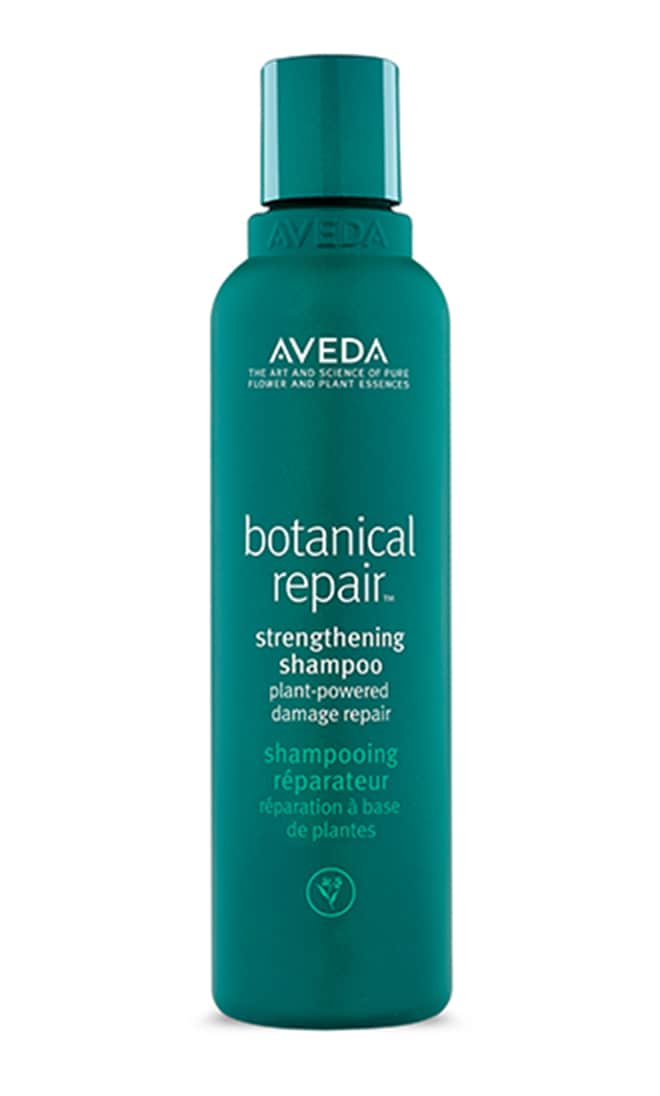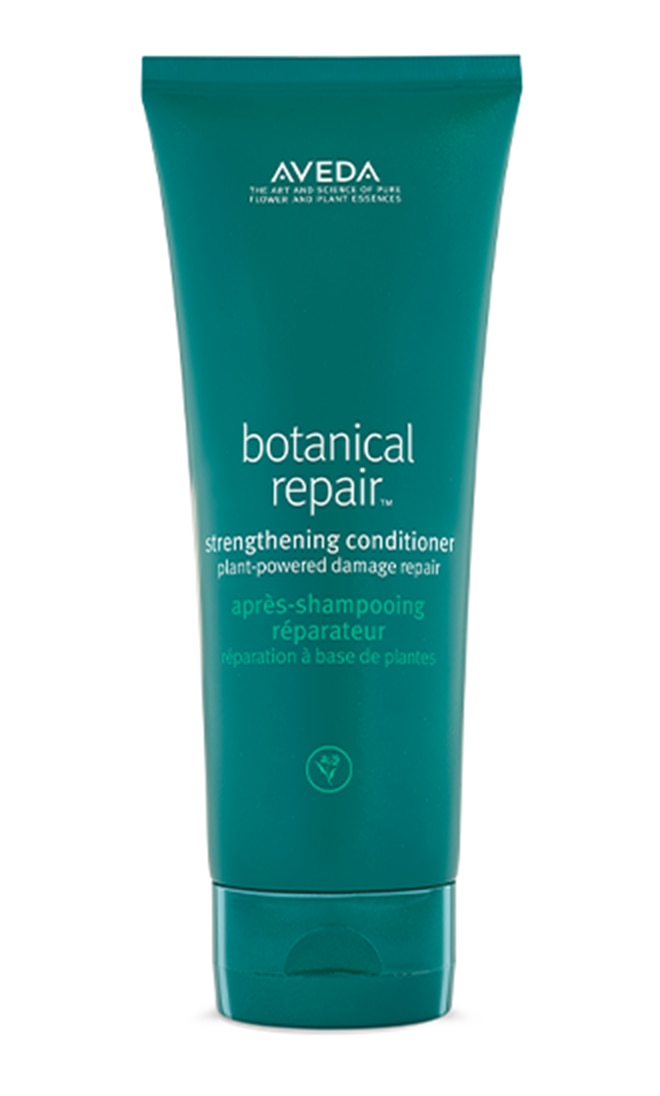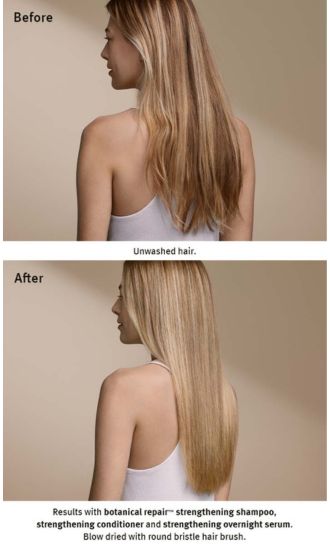Embracing your natural hair texture doesn’t always have to mean you need to do the big chop. With the use of chemical relaxers, heat styling, keratins and other chemical treatments, damage to the hair is often unavoidable, but it doesn’t mean you can’t do anything about it. Our
botanical repair™ system helps protect the hair from heat and chemical treatments and works to strengthen hair as you transition to your natural texture.
We asked Aveda Texture Specialist Naomi Dove to walk us through some of the benefits of the botanical repair™ system and share her tips for making the transition from relaxed hair as smooth as possible. No matter where you are in your natural hair journey, botanical repair™ will leave you with healthier and stronger looking hair.
A plant-derived approach to hair care




